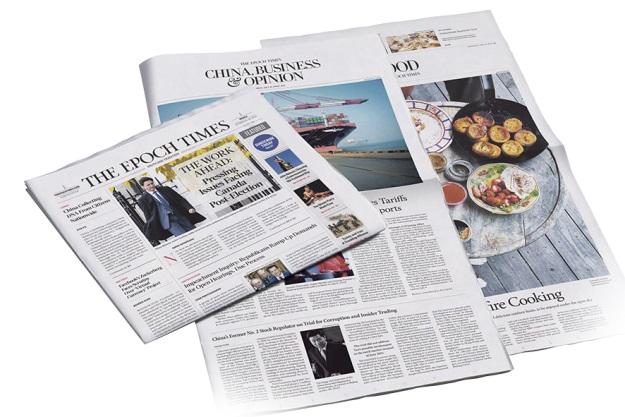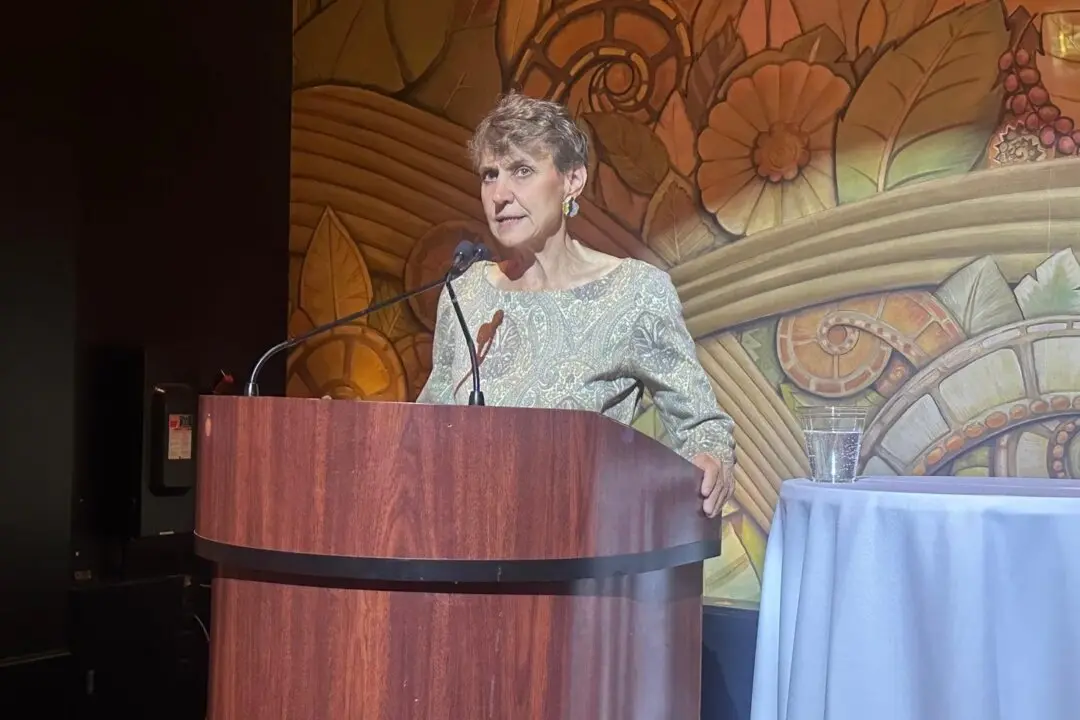Commentary
Few things in life are as emotionally rewarding as donning the robes of the righteous. Like Moses descending from Mount Sinai clutching the Ten Commandments, it is wonderfully exhilarating to pronounce that your insights into this wicked world have, at last, given you the foresight to name all that is true, just, and holy, and by extension condemn the sinners among us—which is to say those who don’t share your views.





